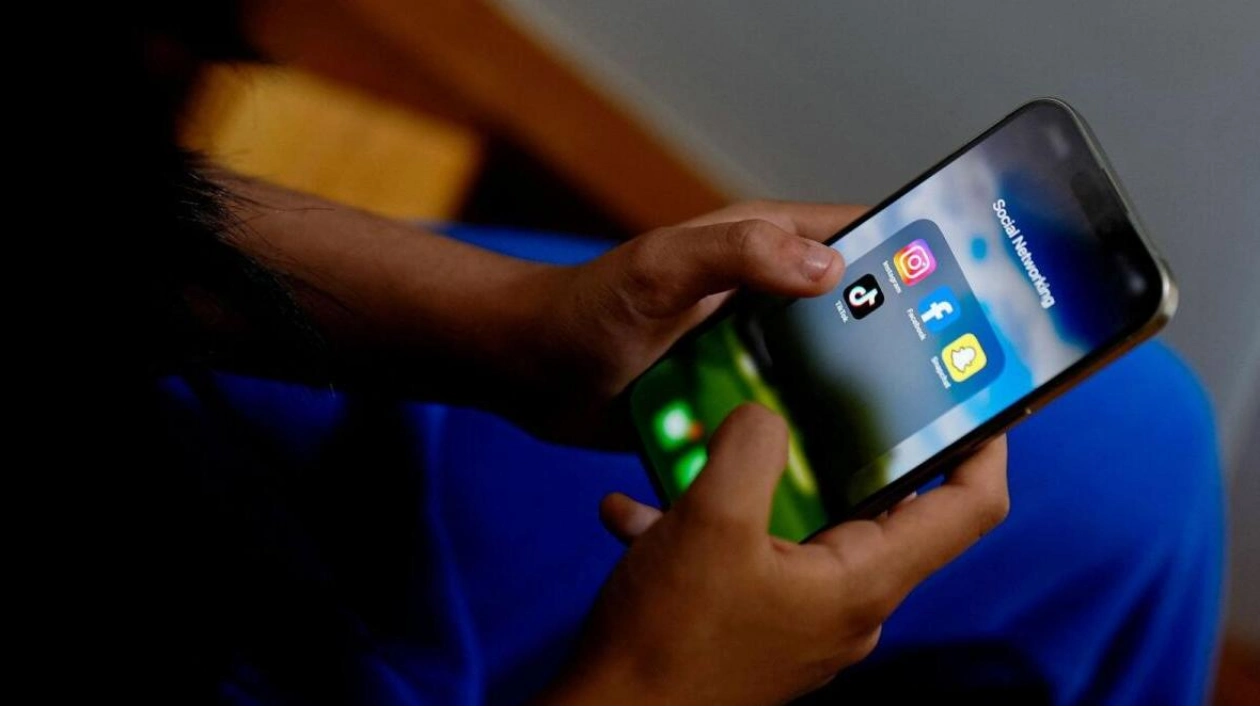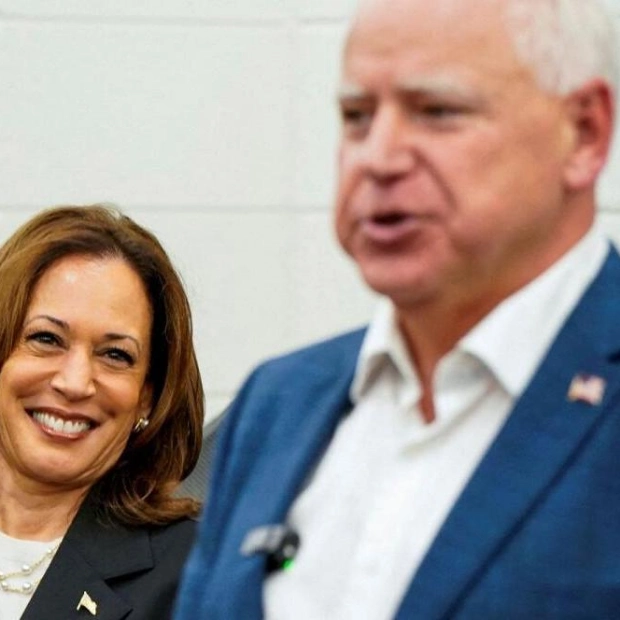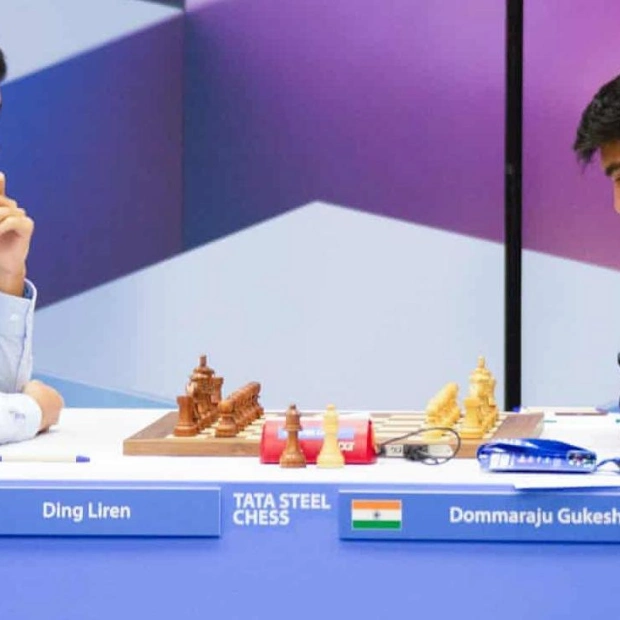A high school student in Melbourne, Australia, is seen holding her mobile phone displaying her social media apps on Thursday. REUTERS
Australian lawmakers have enacted groundbreaking regulations to prohibit individuals under the age of 16 from using social media platforms such as Facebook, Instagram, and X. This legislation, one of the strictest globally, has garnered bipartisan support and passed through both parliamentary chambers. Social media companies are now required to take 'reasonable steps' to prevent young teens from creating accounts, with potential fines of up to Aus$50 million (US$32.5 million) for non-compliance. Critics argue that the laws are 'vague', 'problematic', and 'rushed'.
The bill was approved by the lower house on Wednesday and by the Senate on Thursday evening, making its passage into law almost certain. Prime Minister Anthony Albanese, who is preparing for an early election next year, has strongly supported these new rules, urging Australian parents to back the initiative. He views social media as a source of peer pressure, anxiety, scams, and online predators, advocating for young Australians to engage in sports and physical activities instead.
However, young Australians like 12-year-old Angus Lydom are not in favor of the ban. Lydom expressed his desire to continue using social media and the discomfort of not being able to communicate with friends at home. Many teens are expected to find ways around the restrictions.
Eleven-year-old Elsie Arkinstall also highlighted the educational value of social media, particularly for tutorials on baking or art. She believes that children and teens should have access to such resources, as not all information can be learned from books.
On paper, the ban is one of the most stringent in the world, but the legislation lacks specific enforcement details, raising concerns among experts that it may be a symbolic measure rather than enforceable. The ban is expected to take effect in at least 12 months, after regulators finalize the details. Some companies, like WhatsApp and YouTube, may be exempted, considering their potential use for recreation, schoolwork, or other purposes. Late amendments ensured that government-issued digital IDs cannot be used for age verification.
Social media expert Susan Grantham suggests implementing digital literacy programs, similar to those in Finland, to teach children critical thinking about online content. The legislation will be closely watched by other countries considering similar bans. Proposals for social media restrictions for young teens have been made in Spain and Florida, though none have been implemented yet. China has already restricted access for minors since 2021, limiting under-14s to 40 minutes a day on Douyin and restricting online gaming time for children.
Source link: https://www.khaleejtimes.com






